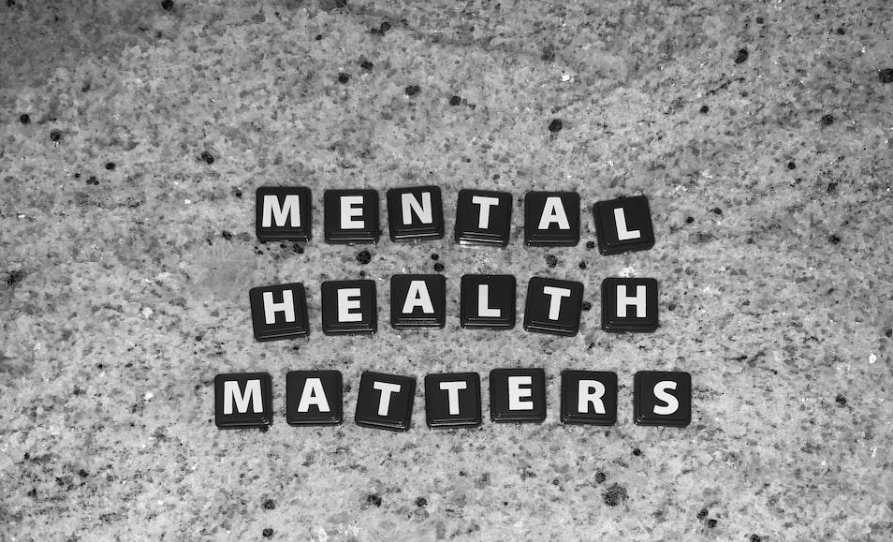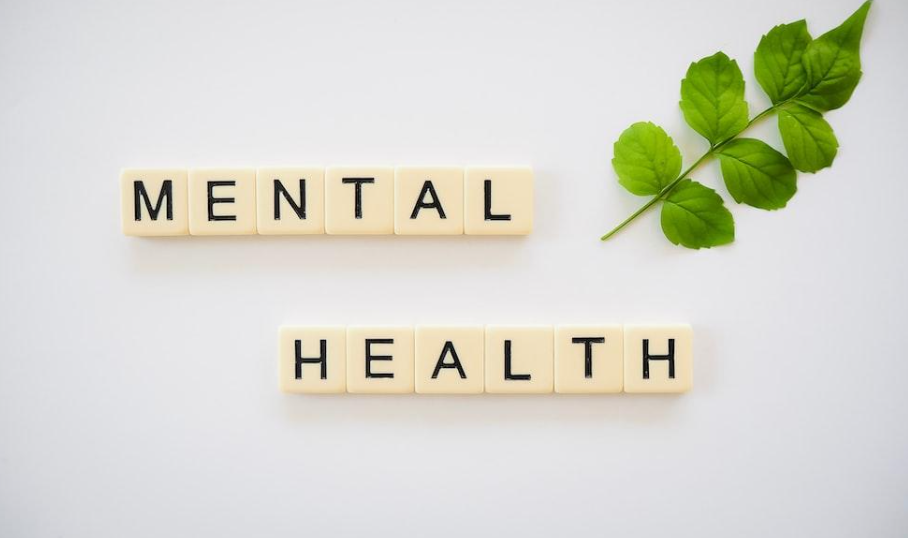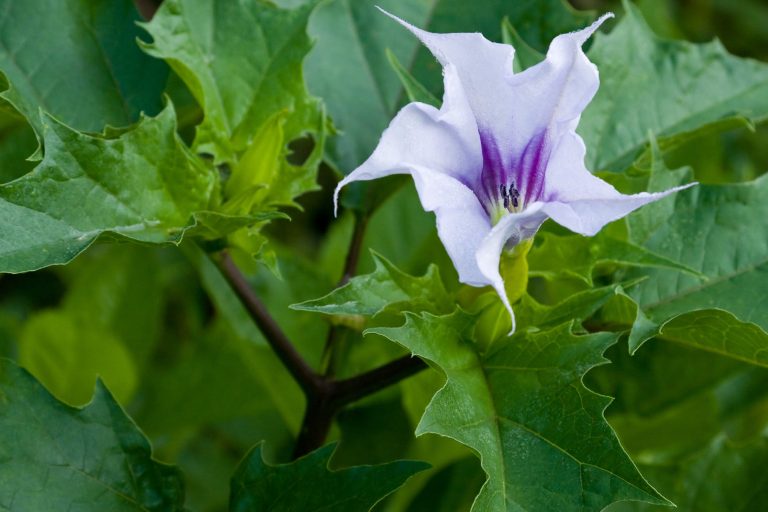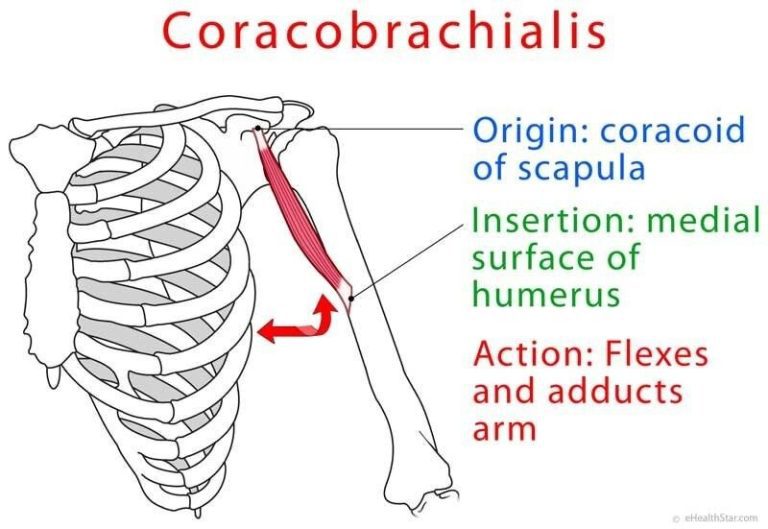The Impact of THC on Mental Health
If you smoke cannabis, it will enter your bloodstream. Your body will immediately transport it to your brain, where it will bind to the receptors there. You have nerve endings called receptors that react to changes and stimuli in your environment.
Your disposition and actions will change because of this. THC still makes its way into the bloodstream after being ingested, although at a slower rate. It will first go through your digestive system and then your liver. However, here, you will learn the significant impact of THC vape pen on individual’s mental health.
The Human Body and Cannabinoids
The endocannabinoid system is a network of receptors and enzymes in the brain and body that regulates a wide variety of physiological processes. Endocannabinoids are naturally occurring substances created by the body that interact with cannabinoid receptors. Collectively, they enforce standards for:
- The part of the nervous system that controls the rest of the body
- Energy physiology
- Appetite
- Sleep
- Fertility
- Memory
- The endocannabinoid system may be the target of medical cannabis’s therapeutic effects
- Mental acuity and emotional states

Inadequate functioning of the endocannabinoid system has been linked to an increased risk of developing mental health problems, according to certain studies. This ties in with the theory that endocannabinoid system regulation and successful treatment options may be achieved via the use of drugs based on THC.
Cannabis’s Potential Impact on Mental Health
Bodily cannabinoids and the receptors that recognize them make up the endocannabinoid system. Your immunological and neurological systems, among others, rely on this system to function properly. Endocannabinoids stimulate the CB1 and CB2 receptors in the brain.
Depression, anxiety, and PTSD all contribute to a shutting down of the brain’s CB1 receptors. Low endocannabinoid levels contribute to the inability to overcome depressive symptoms seen in persons with the disorders.

Since the cannabinoids in cannabis are similar to the endocannabinoids, they may be useful in treating depression, anxiety, and post-traumatic stress disorder. There is some evidence that THC may help people living with PTSD sleep better, have fewer nightmares, and have fewer other symptoms.
Advice on How to Be Safe
There is always the chance of undesirable outcomes if you consume cannabis. Some of these dangers may be mitigated if you:
- Taking it a little at a time to see how it affects you is the best approach
- Do not operate a motor vehicle or engage in any activity requiring coordination if you have recently taken THC
- Avoid using it in conjunction with alcohol or drugs. It’s easy for situations to go out of control
- Using cannabis only while with reliable friends. Make sure you have someone in your group who isn’t high keeping an eye on you. Don’t forget to watch out for your friends as well
If things become very terrible, don’t be afraid to contact an ambulance; they’re there to help, not to cause problems.
Anxiety and Depression Can Be Treated with Cannabis
The prevalence of anxiety disorders is rapidly growing in modern society. A heavy workload, difficulties in interpersonal relationships, and time constraints are typical explanations. Sexual dysfunction, sleeplessness, and headaches are just some of the symptoms that might develop as a result of all of these factors. Cannabinoids in cannabis may trigger the body’s natural feel-good chemicals. They boost your confidence and esteem.

Using it regularly may help you overcome your sadness over time.You can try vaping along with learning how to make jolly rancher edibles for the quick results. Recent research corroborates these claims, highlighting cannabis’s capacity to improve mental acuity. To that end, medical cannabis may be a useful therapeutic tool in the fight to reclaim mental wellness.
Conclusion
Today, mental health is just as crucial as physical fitness. There was a period when people didn’t devote much thought to or attention to mental health. However, things have taken an optimistic turn for the better. More and more studies show that the active element in medicinal cannabis improves mental health, supporting the widespread belief that it does.







